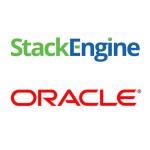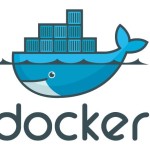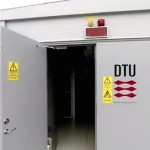Over at the UberCloud, Wolfgang Gentzsch writes that, despite the ever increasing complexity of CAE tools, hardware, and system components engineers have never been this close to ubiquitous CAE as a common tool for every engineer.
Oracle Acquires StackEngine Startup to Automate Docker
On December 18, Oracle closed an agreement to acquire StackEngine, an Austin-based startup focused on Docker automation. All StackEngine employees will be joining Oracle as part of Oracle Public Cloud.
Docker Containers Come to Cray XC Software
Today Cray announced plans to deliver an HPC-optimized Docker solution for the Cray XC line of supercomputers. Available in 2016, the HPC virtualization capabilities will be offered for the Cray CS400, Cray XE and Cray XK platforms.
Video: How Univa Helps Shared Mission-critical and High-performance Datacenters
“Univa is a workload optimization company. Our core product, Grid Engine software, creates a single virtual high throughput, high performance and hyper-scale compute pool out of distributed data center resources. Our customers efficiently run large quantities of mission-critical compute-intensive applications faster with lower overall costs.”
Video: RDMA Container Support
In this video from the 2015 OFS Workshop, Liran Liss from Mellanox presents: RDMA Container Support.
Reproducibility of CAE-computations through Immutable Application Containers
Ensuring a reproducible result of HPC workloads no matter the platform used is key to settle the battle between operations (update fast, due to compliance / security) and end- user (never touch a running system). By pushing his docker related HPC research further, Christian is showcasing his results on Immutable Application Containers.
Bright Computing Powers Denmark’s Most Powerful Supercomputer for Life Sciences
Today Bright Computing announced that the company has helped launch Denmark’s most powerful supercomputer dedicated to Life Sciences. With more than 16,000 cores, 92 TeraByte of memory, and 7.5 PetaByte of storage, the container-based supercomputer is called Computerome.










